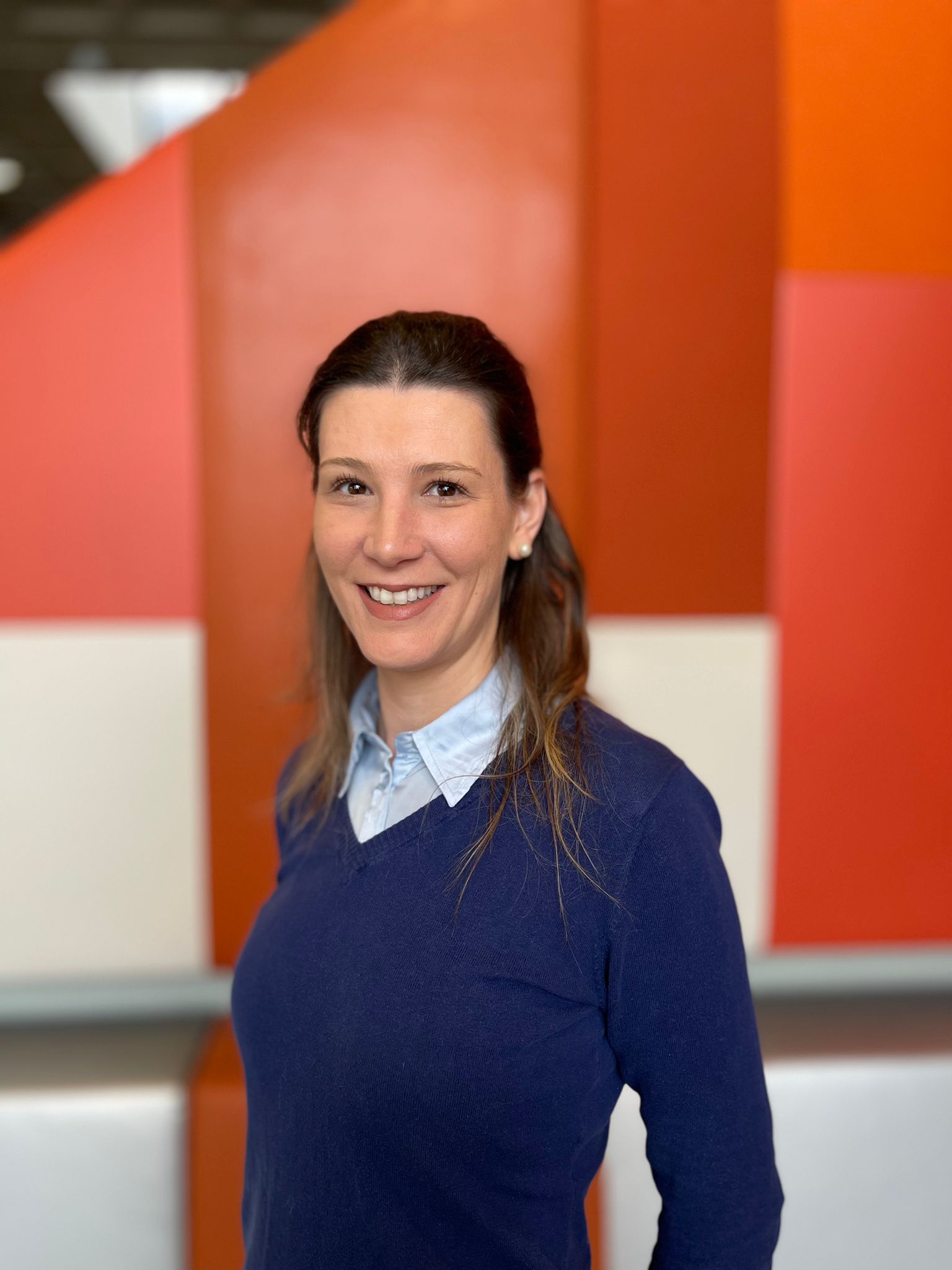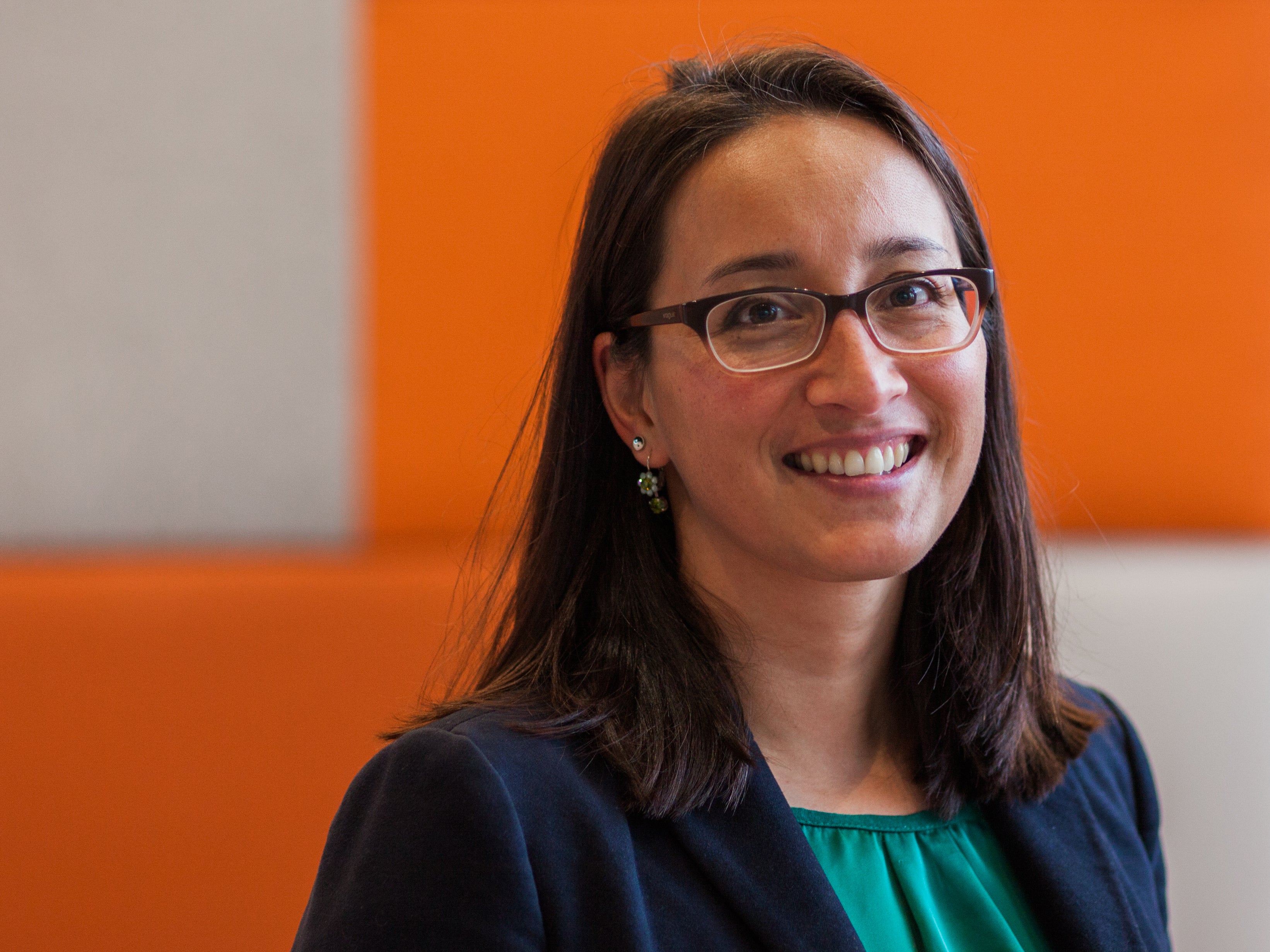What is new, or unique, about hybrid working? This question haunts our research. Many university employees have for a long time worked on and off campus, on the road, from field sites and conferences. Yet, since the pandemic, the option to work where, when, and how we ‘choose’ has been extended to a wider range of roles, such as support staff. It has become normal to not know where exactly colleagues are located. How do we find each other, and ourselves, in this new condition of uncertainty, instability, complexity? An answer that we arrive at draws on the work of Knorr-Cetina and the notion of ‘synthetic situations’.
When working hybrid, we find ourselves in ‘synthetic situations’ - situations that are made up of multiple environments, connected to one another as well as to information via screens. Laptops, desktops, phones, watches - we are called to be ‘response present’ to colleagues, family, friends, and students. Even while on a train, in a meeting, or at the dining room table, we may be expected to respond to an unfolding situation. This is what is remarkable about hybrid working. Our lives are layered in a way that brings into question the basic assumption that one is either ‘here’ or ‘there’. The spatial, digital, and social elements of such a condition are illustrated in the images of work portrayed in this exhibition.
Sponsored by the Vrije Universiteit Amsterdam and the KIN Center for Digital Innovation , the exhibition Perspectives on Hybrid explores a nuanced ‘lived experience’ perspective on hybrid working by presenting glimpses into where and how work happens when we work hybrid.
The exhibition comprises 14 photos taken by employees and the research team, featuring offices, homes, and other spaces connected through different devices. The exhibition’s primary goal is to call attention to everyday working practices, particularly different objects and their relevance to organizing for hybrid working. We invite the audience to consider their own experiences and reflect on the changing landscape of what, why, when, where, and how we work.
"Perspectives on Hybrid" encompasses a two-year qualitative study conducted by researchers from the KIN and funded by the VU through the Hybrid Working Initiative. The project gathered interviews and observations with employees from different faculties, including academic and support staff. Additionally, the researchers adopted an innovative strategy for the data collection, engaging participants in a dynamic conversation exploring different elements included in the pictures they took.



